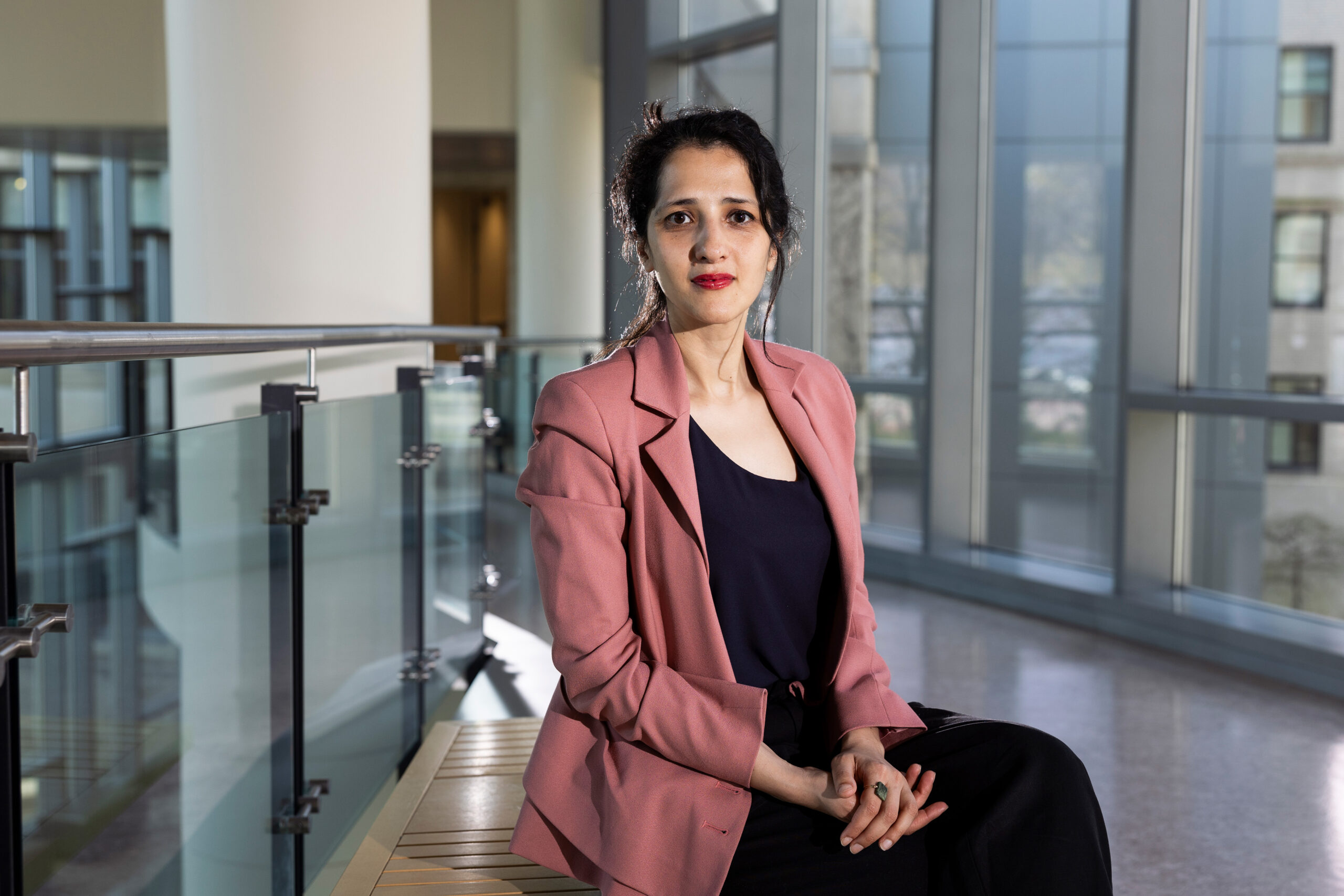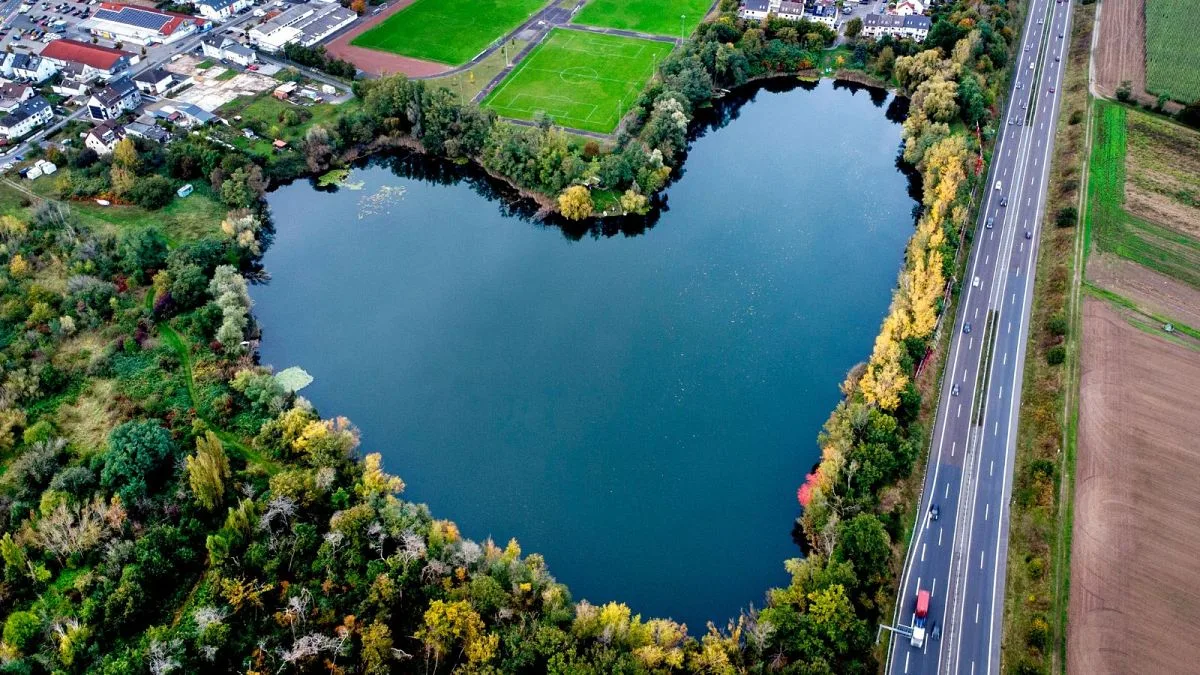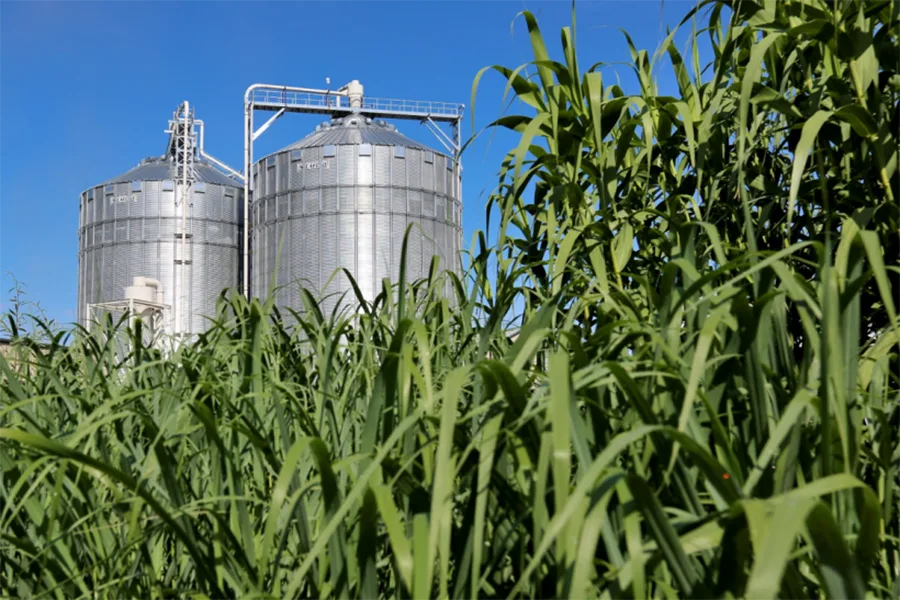In just under a decade, MIT economist Namrata Kala has amassed an impressive body of work that merges ingenuity with rich insight, making it challenging to encapsulate her contributions. As an associate professor at the MIT Sloan School of Management, Kala focuses her research on pressing environmental issues and their ramifications on workers and firms, ultimately influencing government policies and corporate strategies in the context of climate change.
Her studies cover a wide array of topics, including the long-term impact of climate change on agriculture in regions like Africa and India, the effects of mechanization on farmers’ incomes, barriers to trade stemming from linguistic differences, and even how LED light bulbs can enhance productivity in factories. Kala’s hallmark approach involves examining global challenges while determining their effects on individual lives.
Research Highlight: Air Pollution and Productivity
Consider a study she co-authored regarding the effects of air pollution on garment factory workers in India. The researchers analyzed particulate matter pollution patterns and correlated them with detailed worker-level data on productivity along the production line. The findings revealed that air pollution significantly reduces sewing productivity, with some managers skilled at identifying which workers are most impacted.
This body of work paints a vivid picture of human adaptability amidst environmental challenges. Kala expresses, “I feel like I’m part of a long tradition of trying to understand resilience and adaptation in the face of a changing world. My motivation lies in discovering interventions that bolster resilience as circumstances evolve, particularly since a large portion of the global population is vulnerable to events affecting economic viability.” In recognition of her impactful research and dedication to teaching, she was recently awarded tenure at MIT.
A Journey from India to Academia
Hailing from Punjab, India, Kala has always been conscious of crucial societal and environmental issues. “Growing up in India, it’s tough not to be drawn to the complexities surrounding development and environmental economics,” she shares. However, she never envisioned that her interests would lead her to academia. After completing her undergraduate studies in economics with honors from Delhi University, she pursued a master’s degree in international and development economics at Yale University.
By the end of her transformative year at Yale, Kala realized that addressing development challenges hinges on studying them. “I initially wanted to tackle real-world problems, but that experience changed my perspective on how academia can drive positive change through research,” she reflects. This shift led her to pursue a PhD, culminating in her becoming an influential economist.
Researching Development with an Environmental Focus
After earning her PhD in 2015, she held a Prize Fellowship in Economics, History, and Politics at Harvard University before joining the full-time faculty at MIT in 2017. The diversity of her research stems from her commitment to constructing concrete empirical studies that tackle vital issues—often unveiling insights into policies affecting businesses and communities.
One of her recent working papers scrutinizes a policy that relocated industrial firms out of Delhi to combat pollution. After analyzing records from approximately 20,000 companies, the study found that the survival rates of displaced firms were 8% to 20% lower compared to a more efficient clustering approach. Such findings are crucial for shaping future environmental policies.
Looking Ahead: India’s Environmental and Development Intersection
Kala envisions India as a focal point for her ongoing research, stating, “The country has the world’s largest population of individuals living in poverty and 21 of the 30 most polluted cities, making the balance between development and environmental quality a pressing concern.” She emphasizes the need for policies that promote sustainable industrial practices while improving environmental standards.
Her research endeavors will continue to explore significant global issues and their implications for everyday life. Kala attributes her diverse interests to the collaborative environment at MIT, stating, “Having colleagues to exchange ideas with has immensely contributed to my academic journey. Sloan fosters interdisciplinary collaboration, enriching my work in ways I couldn’t have achieved alone.”
Photo credit & article inspired by: Massachusetts Institute of Technology



